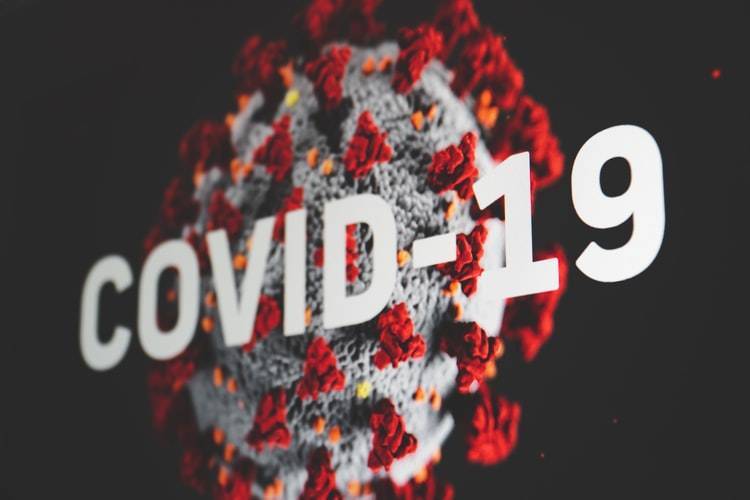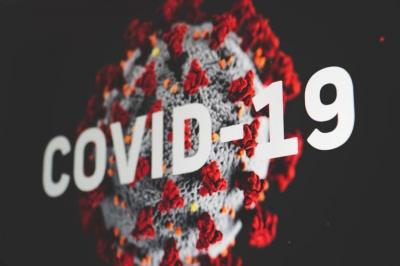"Our society is completely crazy." This was one response in leaked emails from the director of the U.S. National Institute of Allergy and Infectious Diseases, Anthony Fauci, revealing the situation at the outset of the COVID-19 outbreak in the United States. Hundreds of emails that leaked from Fauci's inbox showed he received numerous calls in the early days of the pandemic from leading infectious disease experts in America, demonstrating the panic and confusion at that time.
While the renowned specialist was battling on all fronts at the pandemic's onset, the White House downplayed the risks and requested him to portray the outbreak on its terms. As the media clamored for answers, Fauci's inbox was continuously filled with messages from officials, the public, and celebrities offering advice and seeking information about the health crisis.
The documentation revealed significant pressure on Fauci, showcasing the chaos, panic, and disruption prevailing during that period, as well as the considerable difficulties he faced as a prominent figure in the White House's coronavirus task force. An infectious disease expert told the Washington Post that during that time, he received all kinds of questions, mostly from people who were somewhat confused by the multiple data being released by the White House.
Among the messages, Fauci spoke of "the crazy people in this world" who politicized the crisis, which ultimately led him to secure a full-time security team amidst threats from extremists and critics.
### Disagreements
One of the notable correspondences published by the newspaper detailed his disagreements with White House officials, particularly with Mark Short, then-aide to Vice President Mike Pence. While the message was not altogether clear, it indicated the level of tension at that time, according to the newspaper.
In communications with his counterparts in other countries, such as responding to George Gao, director of the Chinese Center for Disease Control and Prevention, it appeared Gao was seeking Fauci's forgiveness for a "major mistake" attributed to him regarding his American counterpart in an early crisis article about the lack of advice for the U.S. public to wear masks.
### Messages from Gates and Zuckerberg
Among the most notable emails came from wealthy or influential individuals. On April 3, 2020, Fauci referenced a conversation with Microsoft founder Bill Gates, in which he wrote, "We hope for a collaborative approach to COVID-19" with the Gates Foundation.
Additionally, there were messages from Facebook founder Mark Zuckerberg concerning the establishment of a coronavirus information center on social media. An email also arrived from actor Morgan Freeman, who offered to post awareness messages about COVID-19 on his Twitter, which has over a hundred thousand followers.
The newspaper described all of Fauci's correspondences as polite, always signed off with his name, and peppered with some humor. At one point, he received a message from an anonymous source containing a funny and false report about him, prompting him to respond, "It will blow your mind (...) our society is really completely crazy."




